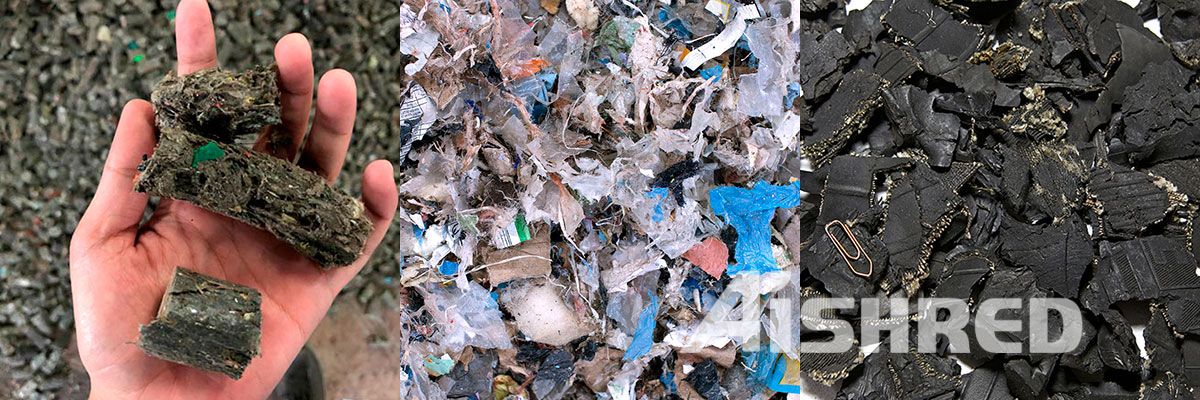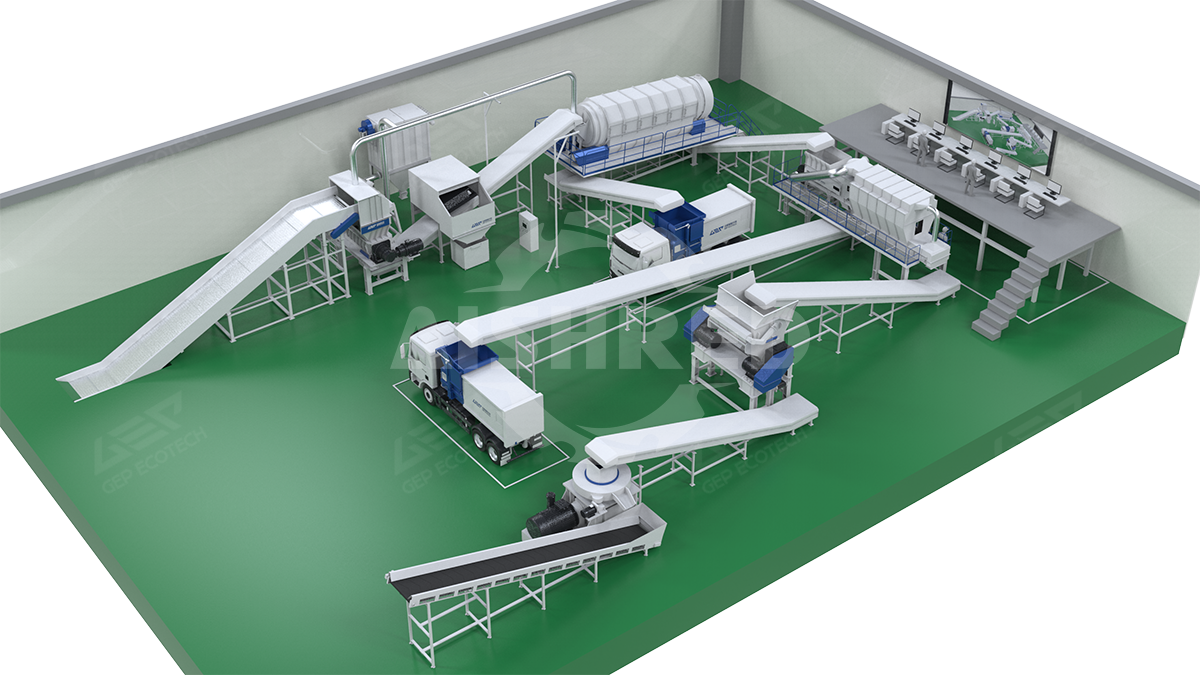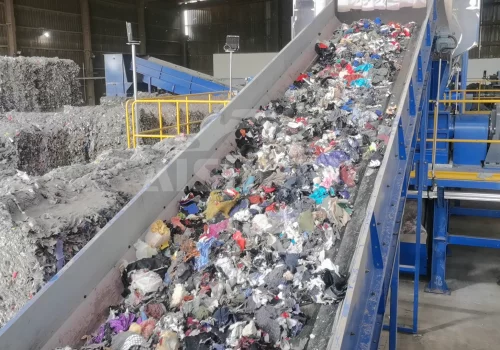Since the beginning of the 21st century, more and more waste has been generated. In order to cope with the threat to the environment caused by the increase in waste, people have begun to use waste as fuel that can be burned in boilers for power generation or heating. We divide the fuel from waste into RDF, TDF, SRF according to different components and processing method of the waste.
RDF(Refuse-derived fuel) is a fuel produced by sorting and shredding combustible materials contained in municipal solid waste (MSW) and industrial waste. Compared to fossil fuels, RDF is more affordable, abundant, and environmentally friendly.
SRF(Solid Recovered Fuel) is a fuel produced by drying, filtering, and shredding solid waste, It is usually produced to meet the standards in Europe. The EN 15359 document gives the specifications for classifying SRF. Unlike RDF, SRF is a more refined material that is slightly more efficient than RDF, though it takes a more advanced process to make the fuel.
TDF(Tire-derived fuel) is a mixture of shredded tires, typically 1 to 3 inches in size. The calorific value of rubber in waste tires is higher than that of coal, and the steel wire contained in it can increase the quality of cement clinker. Many cement plants use tire-derived fuels.

Processing Flow
RDF, TDF, SRF have similar processing methods, of which sorting, shredding and screening are the most common processes.

Municipal Solid Waste RDF Production Line Diagram
Sorting
Sorting is the process of sorting mixed materials according to final fuel requirements. Generally speaking, sorting mainly completes the following tasks:
1. Remove incombustible inert components in the material, such as metals, stones, soil residues, etc.
2. Classify materials with different combustion properties, such as SRF requires purer combustible components.
Screening is often used in the processing of municipal solid waste, industrial waste and other materials, but for pure materials, such as tires, sorting is not required.
Shredding
Shredding is an integral step in almost all alternative fuel production processes because reducing material not only increases the efficiency of subsequent processing, but the smaller size burns faster and pollutes less.
There are many types of equipment such as coarse shredders, shear shredders, single-shaft shredders, etc., which can meet the final size requirements of different fuels.
Different materials may use different shredding circuit.
Screening
The function of screening is to classify the materials that do not meet the size requirements, so as to perform secondary shredding of the materials that do not meet the size requirements.
GEP ECOTECH Alternative Fuel Solution
GEP ECOTECH offers different alternative fuel production solutions for different applications and waste streams, which have been used in biomass power plants, cement plants, waste-to-energy and other projects over the years.
We have a strong sales and technical team to communicate with you at any time and design the most reliable solution for you.


